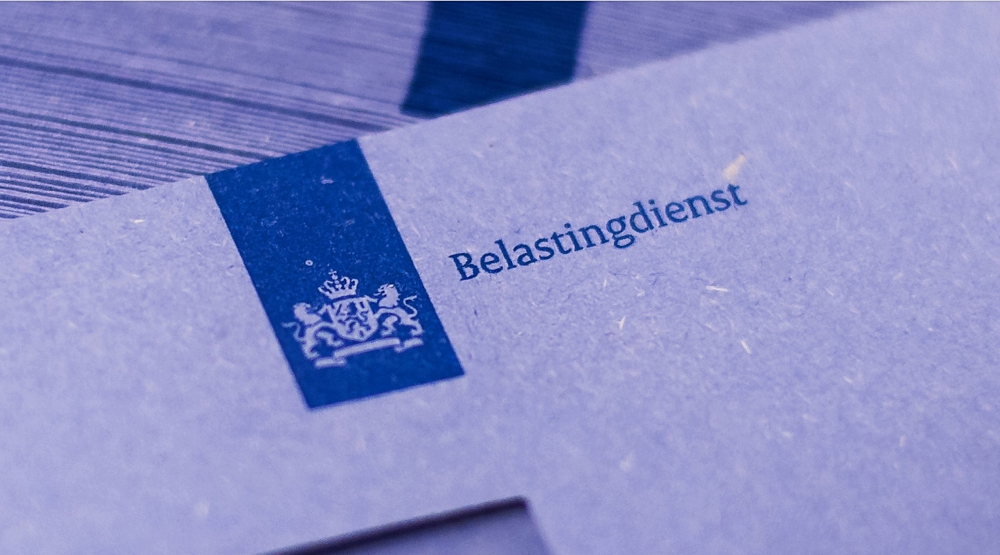The TaxSavers
The Dutch tax system can be quite complicated, especially if you don’t speak the Dutch language. The TaxSavers is an all-round tax firm. We are happy to assist you with all your questions regarding Dutch taxes.
You can find out more about the unique taxes, benefits and social security system in The Netherlands on these pages. To read about the income tax system check the link below.
Dutch Income Tax System
The Dutch tax system can be quite complicated, especially if you don’t speak the Dutch language. The TaxSavers is an all-round tax firm. We are happy to assist you with all your questions regarding Dutch taxes.
The accountants and consultants firm HLB Nannen has sites in Groningen and Emmen. Although we are part of a national and international network, HLB Nannen has retained its local focus. It goes without saying that we can help you meet your fiscal obligations.
With years of knowledge, experience, and a global network of valued professionals, Expat Management Group is a dynamic group of recognized legal experts and relocation specialists.
Blue Umbrella – The Netherland’s largest online income tax return service provider. File your taxes quick and easy for a fixed fee.
